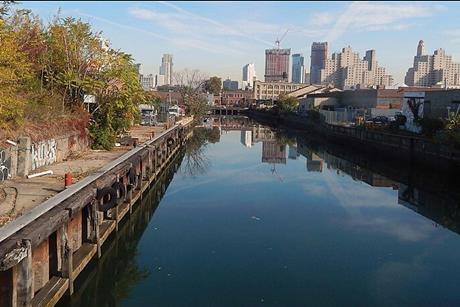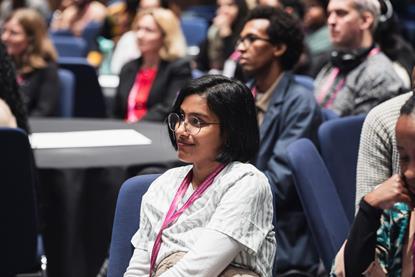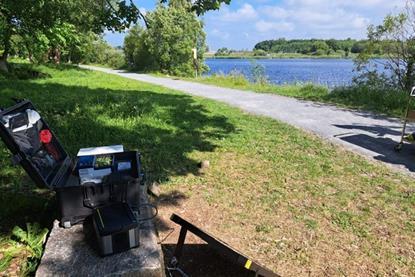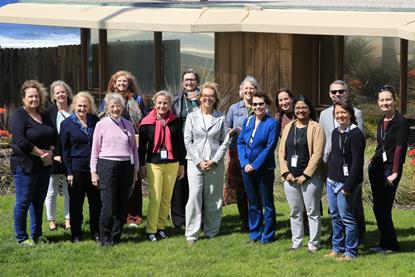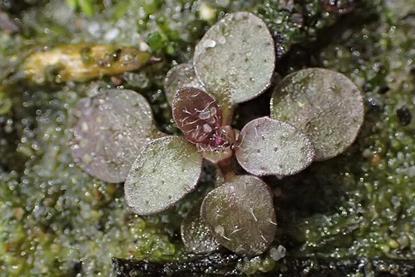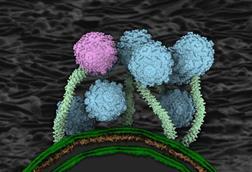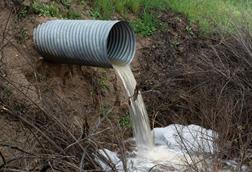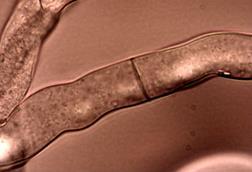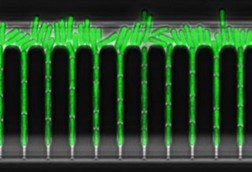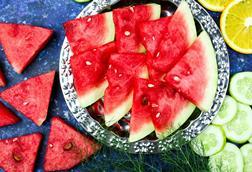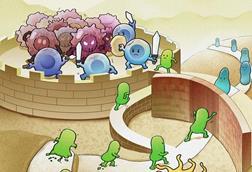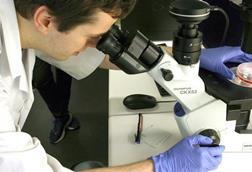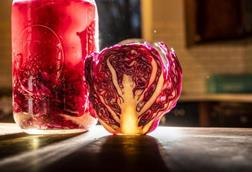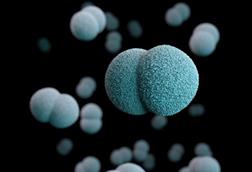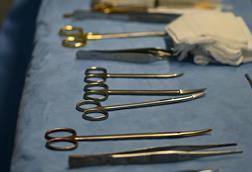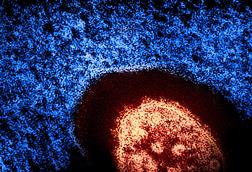Applied Microbiology International
The Microbiologist showcases the work that Applied Microbiology International does in applying the diverse experience of global, interdisciplinary experts to solve global challenges.
AMI News
Microbes in Brooklyn Superfund site teach lessons on fighting industrial pollution
Researchers discover unprecedented pollution-fighting genetic adaptations in tiny organisms inhabiting Brooklyn’s highly contaminated Gowanus Canal, revealing a potential new approach for cleaning contaminated waters and recovering valuable resources.
Gut microbes could one day be deployed to tackle sleepless nights: review
Personalized pre/probiotic treatments could someday be used to support healthy sleep through stressful exam periods and menopause, a new review suggests.
AMI needs YOU - our call for new trustees
Applied Microbiology International is looking for new members to join our team as Trustees on the AMI Executive Committee from July 2025.
AMI members develop rapid test for bacterium that costs poultry industry billions globally
Scientists have developed a rapid, sensitive and specific test for a bacterial pathogen that is responsible for necrotic enteritis in poultry, a disease that causes billions in global economic losses annually.
More than 500 delegates gather in Birmingham for Europe’s first Minoritised Life Scientists Future Forum
More than 500 delegates gathered at the ICC in Birmingham over three days this week for the first ever Minoritised Life Scientists Future Forum, which was supported by Applied Microbiology International.
Revolutionizing water safety: a rapid solution for detecting Shiga toxin-producing Escherichia coli contamination
Contaminated water is particularly dangerous in rural areas where private groundwater wells supply drinking water to households - but AMI One Health Advisory Group member Dr Zina Alfahl reveals a low-cost, simple way to check for STEC.
Microbiologists must seize the day - and make their mark on policy
Microbiologists need to seize opportunities to engage with policymaking in order to move towards better, more scientifically informed policy that serves the common good, a new paper published in Sustainable Microbiology urges.
AMI members show the way on how microbes are already solving environmental disasters
Applied Microbiology International members are among a team of high level microbiologists who have teamed up to highlight how the world’s tiniest creatures are delivering solutions to climate change and pollution.
AMI leaders join International Microbiome Meeting in San Diego
Leading scientists from around the world recently convened at the Center for Microbiome Innovation’s International Microbiome Meeting (CIMM) at the Scripps Institution of Oceanography in San Diego.
Digging into the world of plant-growth-promoting microbes
A team including members of AMI has provided a model illustrating how Pseudomonas bacteria can influence root development to promote growth and enhance the adaptation of plants under salinity stress.
Latest from across the site
- Previous
- Next

